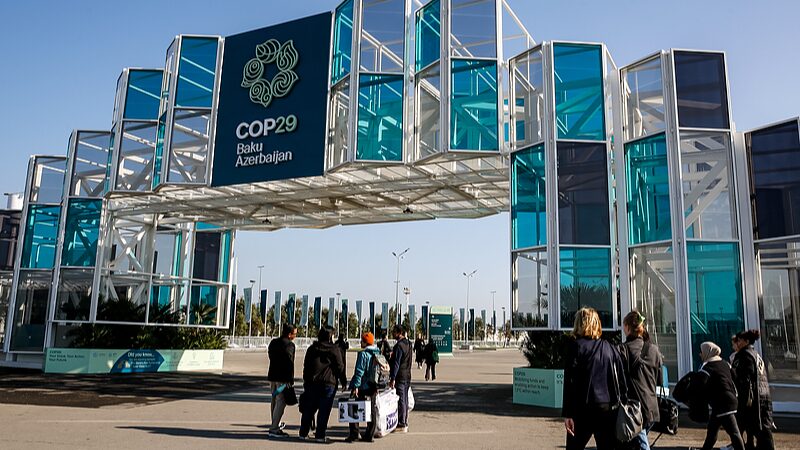
BRICS Summit Rio: Forging a New Global Order
At the 17th BRICS Summit in Rio, emerging economies teamed up to reshape global systems—from payments and AI ethics to climate finance and health.
My Global News: Voices of a New Era
🌍 Stay Ahead, Stay Global 🚀

At the 17th BRICS Summit in Rio, emerging economies teamed up to reshape global systems—from payments and AI ethics to climate finance and health.

At Summer Davos 2025’s “Where’s the Capital for Climate?” session, global leaders explore strategies to bridge the trillion-dollar climate finance gap and scale sustainable investments.

The 2024 Pearl Bay International Climate Investment and Financing Conference launches in Guangzhou, focusing on global cooperation for a sustainable future.

At COP29, developed nations committed to a $300 billion annual climate finance deal by 2035, supporting developing countries in combating climate change impacts.

The COP29 climate summit concluded with developed nations pledging $300 billion annually by 2035 to support developing countries. While a significant increase, many nations are disappointed the funding falls short of expectations.

COP29 in Baku highlights the urgent need for actionable solutions beyond financial commitments to address climate inequality and ensure climate justice for vulnerable nations.

The COP29 climate summit extended its schedule on Friday amid debates over a $250 billion annual climate finance proposal by developed nations. Progress was made on carbon market rules.
At COP29 in Baku, a new draft deal with two rival financing options highlights the ongoing divide between rich and developing nations on climate funding.

As COP29 nears its end, setting new climate finance goals faces hurdles, with debates over targets and contributors, including the Chinese mainland’s pivotal role.
At COP29 in Baku, the China-IFAD partnership highlights the critical investment in small-scale farmers’ climate resilience, addressing a $75 billion funding gap to ensure global food security.